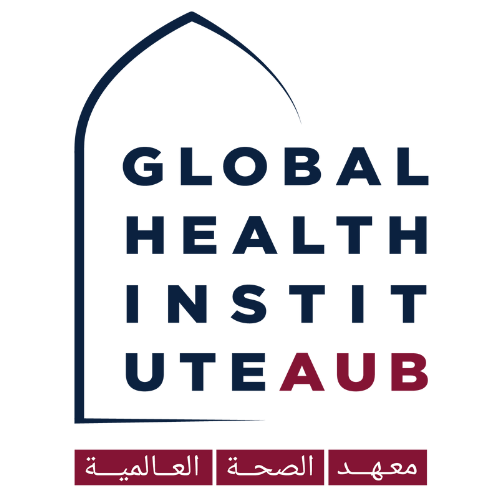
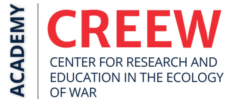
CREEW 2021 Thematic Topic: Antimicrobial Resistance (AMR)
Evidence on antimicrobial resistance (AMR) in conflict settings in the region is sparse. According to the WHO, few areas have solid systems in place to track AMR while countries (mainly in Sub-Saharan Africa, Middle East, South and Southeast Asia) have large gaps in coverage. This problem is further compounded in conflict settings where data is compromised due to the inability of patients to access care due to the risk of violence. The WHO Global Action Plan on AMR which was adopted by the World Health Assembly in 2015 called for “strengthening the knowledge and evidence base through surveillance and research”.
By acting as a research hub, CREEW will help identify the extent of the AMR problem, provide focused data collection efforts and create a platform for sharing global research on AMR particularly in conflict settings. The fellowship program will bring together experts and mentors in the field of AMR to join efforts with CREEW fellows in conducting rigorous research on AMR in conflict settings. CREEW will lead in bridging theory with practice by developing AMR comparative studies from different war zones and disseminating global guidelines to address this threat.
The 2021 cohort was cosponsored by Swisscross Foundation. Five fellows with different backgrounds and coming from Iraq, Palestine, Sudan, Syria and Yemen were part of this pilot cohort. Their mentored field research projects focused on the interplay between antimicrobial resistance and conflict. The projects have culminated in scholarly outputs, including research publications and conference presentations.
CREEW 2021 Fellowship Structure
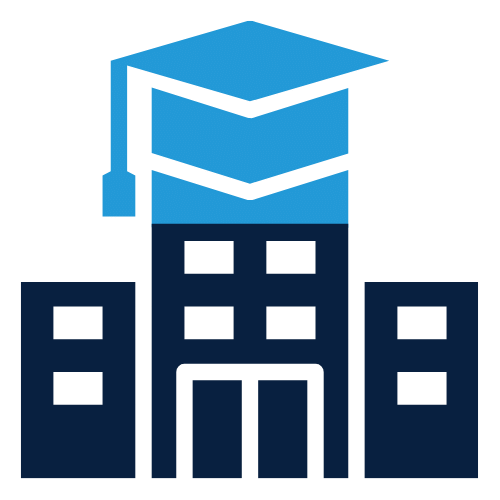
ON-CAMPUS COURSES (3 weeks)
The residency consists of four taught courses in research skills and a thematic course on AMR. The courses are delivered over 3 weeks at the American University of Beirut. Courses are both didactic and practical, with emphasis on conducting research in conflict settings.

MENTORED FIELD RESEARCH (up to 9 months)
Each fellow is assigned a mentor whose area of expertise matches the fellow’s research interests. Following the residential courses, the CREEW fellows will conduct field research on the thematic topic, while maintaining frequent communication with their mentors through the CREEW online portal.
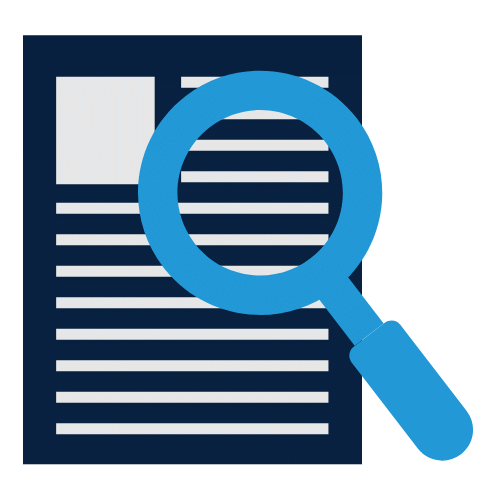
RESEARCH DISSEMINATION (up to 3 months)
Fellows are required to produce a scholarly output, which can be in the form of a journal submission, a report, or a policy brief within 3 months following completion of field research. The completion of the fellowship is conditional upon the fellow’s completion of a publication/research output.
CREEW 2021 Scientific Advisory Committee
Dr. Christos Giannou
Queen Mary University of London, United Kingdom
Dr. Ghassan Abu Sitta
Global Health Institute (GHI), American University of Beirut (AUB), Lebanon
Dr. Abdul Rahman Al Bizri
American University of Beirut Medical Center (AUBMC), Lebanon
Dr. Marco Baldan
International Committee of the Red Cross
Dr. Mark Zeitun
University of East Anglia, United Kingdom
Dr. Vinh-Kim Nguyen
The Graduate Institute, Geneva
CREEW 2021 Fellows
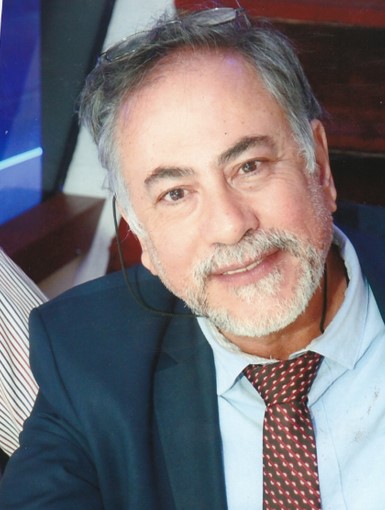
Adel Al-Attar
Iraq
Adel holds a BS in Mechanical Engineering & a BS in Law. He works as a Water & Sanitation Engineer at ICRC Iraq, focusing on ensuring water quality in internally displaced persons (IDP) camps.
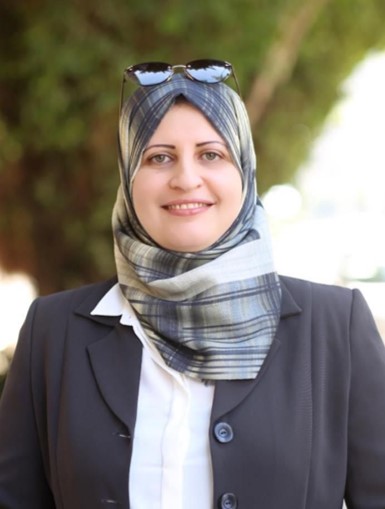
Reem Abu Shomar
Palestine
Reem holds an MPH & is currently a PhD candidate. She works as a Public Health Specialist at the Gaza Project Coordination Unit/Palestine Water Authority. Her work involves managing multidisciplinary (WASH) related public health projects.
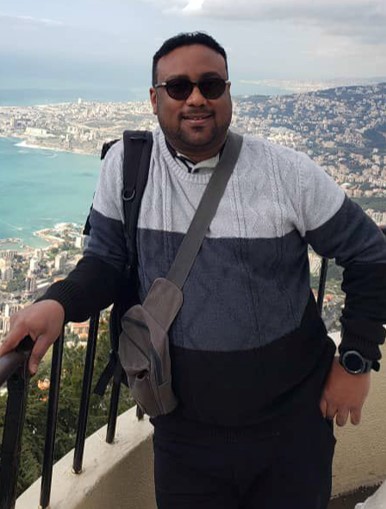
Rami Abbas
Yemen
Rami is a Medical Doctor working at MSF Spain in Yemen. His work involves supporting in case referrals and staff health with a focus on trauma and critical cases.
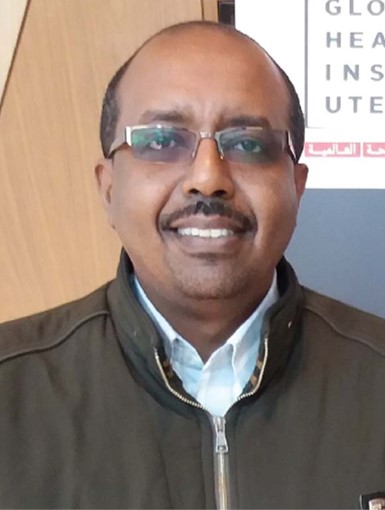
Gasim Abuelgasim
Sudan
Abuelgasim is a trainer working at the International Committee of the Red Cross. His work involves rehabilitation, mostly orthopedic conditions. He is currently interested in gaining further field research experience.
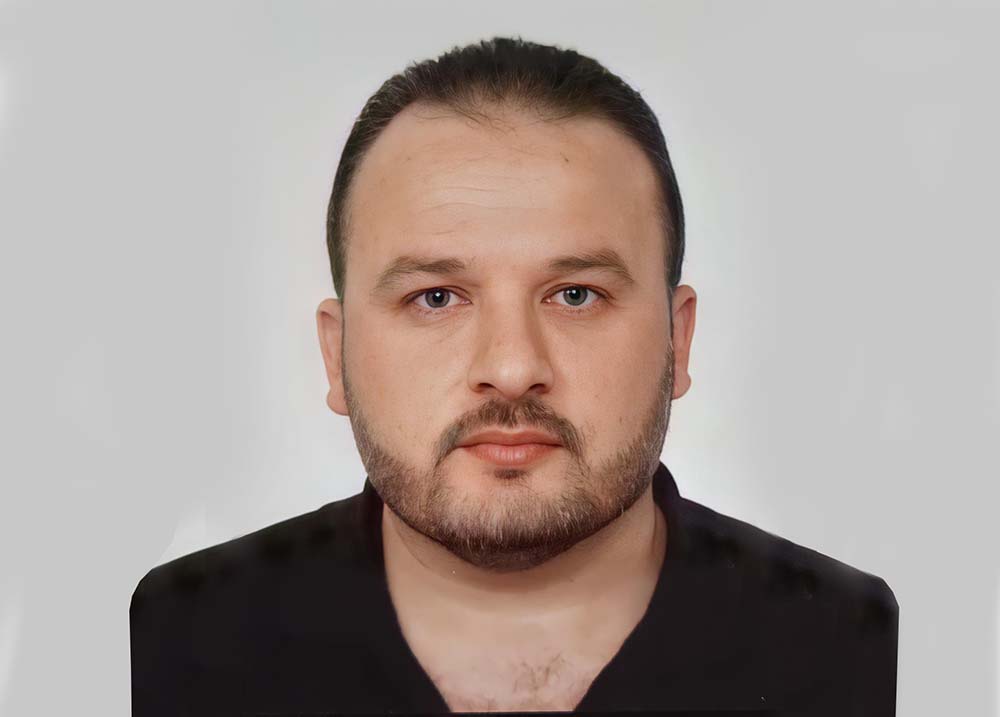
Ahmet Aldbis
Syria
Aldbis is a pharmacist with a diploma in Hospital Management. He is currently the Director of International Missions at the Union of Medical Care and Relief Organizations (UOSSM). His work involves field safety, security, and risk management.
CREEW 2021 Fellowship Certification
Upon successful completion of the three phases, the CREEW fellows will receive a certificate of completion issued by GHI and Suisscross Foundation.
CREEW 2021 Fellowship Certification
Upon successful completion of the three phases, the CREEW fellows will receive a certificate of completion issued by GHI and Suisscross Foundation.

TUITION FEES:
$4500

SCHOLARSHIP
This will include the cost of on-campus courses.
Scholarships will be offered for a limited number of fellows. It will cover the costs of the courses, training workshops, mentorship fees and research costs.


